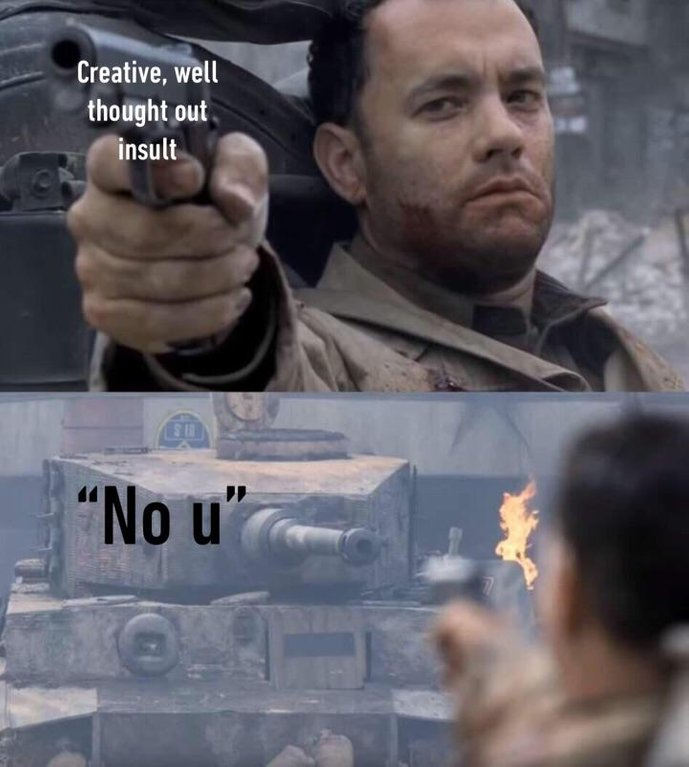Comparsion of Linux distributions (Week 13)

Comparsion of Linux distributions In todays blog, I am going to compare two by far most popular Linux distributions: Ubuntu and Fedora. Nevertheless people often take them very similar to each other, there are still differences between them. Picture 1: Ubuntu vs Fedora [1] Ubuntu is a pure Linux distro derived from Debian, proclaimed as stable and simple to utilize. The main idea of Ubuntu is to serve everything to every user, whereas Fedora is an environment more like a testing stage for the Red Hat developers. Ubuntu has always been the most recommended Linux distro for beginners, on top of that, its targeted audience mostly comes from ex-window users. Whereas, the developers-end of Fedora is more popular, as numerous developers are now switching from Ubuntu to Fedora. For a good reason that Fedora is an environment for Red hat developers, not a Distro (more like a clone of RHEL). Nevertheless, both of these distributions are suitable for developers, U...




